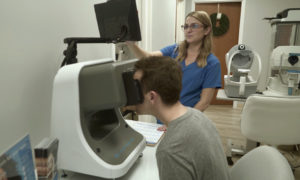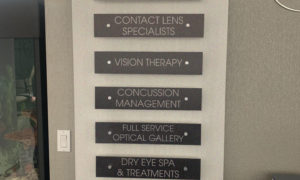
Photo credit: Getty Images
Thought-provoking questions are being asked about the need to regulate AI in healthcare.
Feb. 21, 2024
We are hearing increasingly about the use of artificial intelligence (AI) in all facets of our lives, including healthcare. As this advanced technology becomes more of a critical part of healthcare, however, some are asking: where’s the “sheriff”?
“Unlike medical devices or drugs, AI software changes. Rather than issuing a one-time approval, FDA wants to monitor artificial intelligence products over time, something it’s never done proactively,” Ruth Reader writes in Politico.
It is not a coincidence or accident that regulation in use of AI in healthcare is lacking, according to Reader. “Government has slow-walked regulation of the fast-moving technology because the funding and staffing challenges facing agencies like the Food and Drug Administration in writing and enforcing rules are so vast. It’s unlikely they will catch up any time soon. That means the AI rollout in health care is becoming a high-stakes experiment in whether the private sector can help transform medicine safely without government watching,” she writes.
Other Articles to Explore
And a regulatory fix or intervention may not be coming any time soon.
“President Joe Biden in October promised a coordinated and fast response from his agencies to ensure AI safety and efficacy. But regulators like the FDA don’t have the resources they need to preside over technology that, by definition, is constantly changing,” Reader reports.
There are new calls for AI guardrails to be put into place in healthcare, though. According to Reader: “A new report from the Government Accountability Office, the watchdog arm of Congress, said the agency wants more power — to request AI performance data and to set guardrails for algorithms in more specific ways than its traditional risk assessment framework for drugs and medical devices allows, the GAO said.”



























